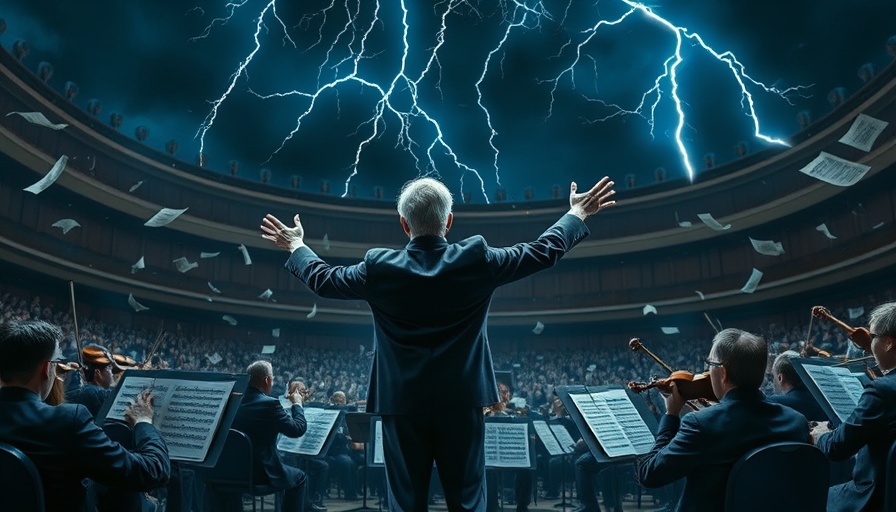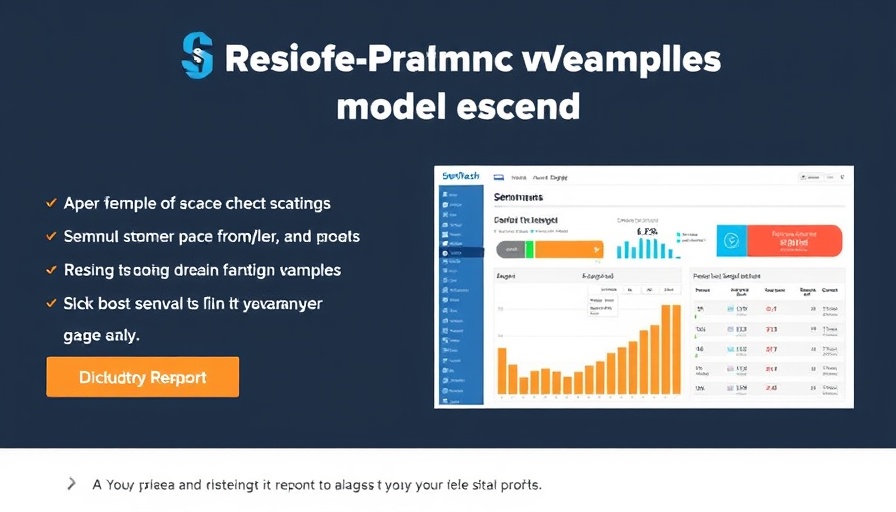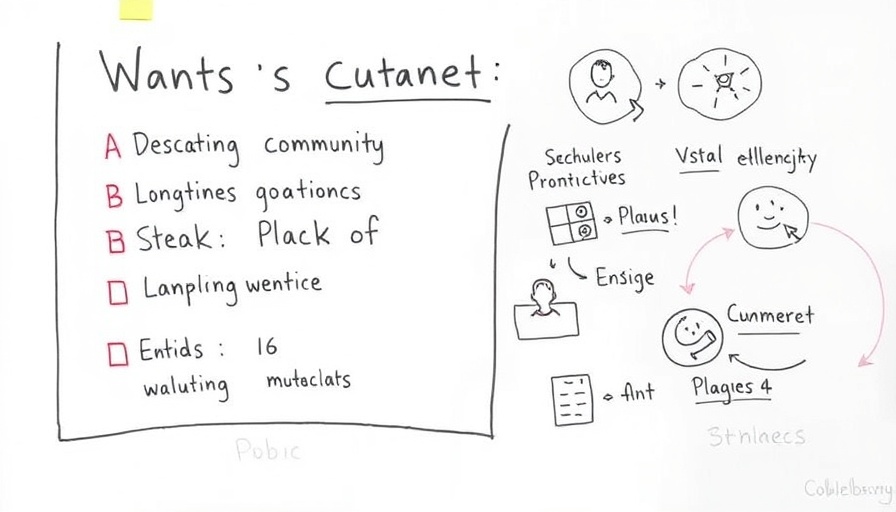
Why B2B Marketing Is More Complex Than Ever
Today, B2B marketing professionals might feel as if they are engaged in a relentless race against time. The landscape has significantly changed, and the traditional methods of reaching customers are no longer as effective. As C-level decision-makers demand greater returns on investment (ROI) and a more efficient approach, marketers are caught in the middle of rising skepticism from a divided and cautious buyer base. The channels that used to drive results, from search engines to social media, are being disrupted by the advent of AI technologies.
Understanding the Complexity Crisis
What many B2B marketers are experiencing now can be coined as a 'Complexity Crisis.' This phrase encapsulates the array of simultaneous pressures that marketers face. Three main challenges contribute to this crisis:
The Fractured Buyer Journey
The B2B buyer journey used to follow a predictable path with a heavy reliance on search engines like Google and professional networks like LinkedIn. However, these avenues are evolving. Buyers are now utilizing generative AI tools to assist their purchasing decisions, turning to online forums, peer recommendations, and social influencers for guidance. This results in an omnichannel experience that necessitates brand discoverability across multiple platforms and formats. Marketers who fail to adapt to this fragmented approach run the risk of being overlooked entirely.
The Crisis of Credibility
As the volume of content increases, so does the skepticism among buyers. They are more discerning than ever, filtering out generic marketing messages and prioritizing trustworthiness in the information they consume. Brands must focus on genuine stories and reliable data from authentic sources, as trust is a crucial currency in the current marketing ecosystem. Without credibility, even the best-crafted content can fall flat, no matter how visible it is.
Increased Pressure to Perform
With the marketing landscape becoming ever more complex, the internal pressure to demonstrate performance has also intensified. Businesses are scrutinizing marketing budgets and often placing greater trust in technology than in human input. This convergence of demands calls for a strategic recalibration of how marketers engage with their audience. To thrive in this tumultuous environment, B2B brands need agile marketing strategies tailored to both consumer expectations and business goals.
Building a Resilient Marketing Framework
Given these challenges, how can B2B marketers bring order to the chaos? A solid framework encompassing comprehensive content strategy, AI integration, and genuine audience engagement is essential. First, marketers should employ a content strategy that aligns closely with the consumer's journey, ensuring that information is not only available but also credible and engaging. Utilizing analytics and AI can provide insights into consumer behavior, allowing for tailored campaigns that resonate more deeply with potential buyers.
The Value Proposition of Understanding These Trends
For small and medium-sized businesses, grasping the nuances of modern B2B marketing is crucial. Developing skills in handling AI tools, mastering omnichannel marketing, and creating credible content can set a brand apart from competitors. The price of ignorance in today’s landscape may be visibility, engagement, and ultimately, sales. An informed, strategic approach provides a direct pathway towards not just survival but success amidst the chaos.
Final Thoughts and Call to Action
As the B2B marketing landscape continues to shift, the recommendations outlined provide a valuable arsenal for navigating these changes. Embracing new technologies, prioritizing genuine connections, and remaining adaptable in strategy are critical to staying afloat. Therefore, businesses need to actively pursue these insights—consider training sessions on AI and digital marketing strategies. Take charge of your marketing approach to thrive in an unprecedented era of complexity.
 Add Row
Add Row  Add
Add 



Write A Comment